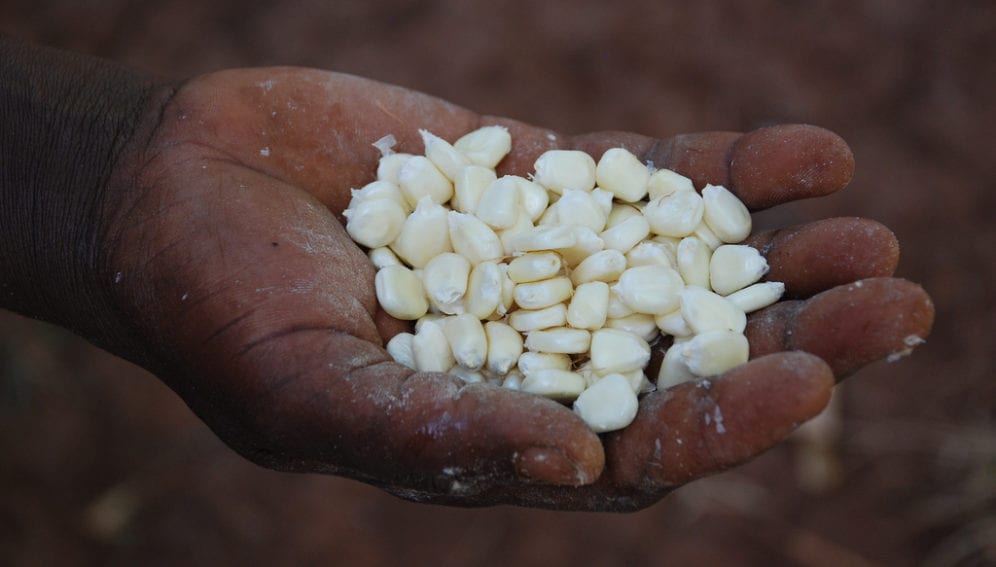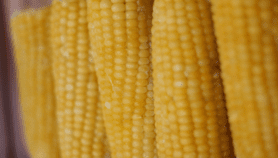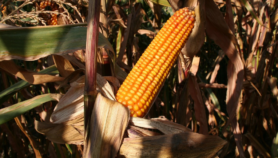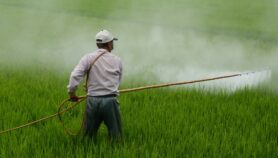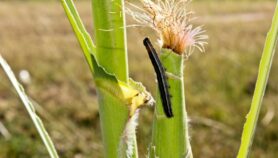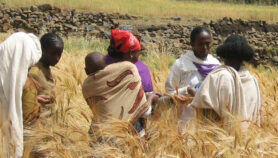By: Bernard Appiah
Send to a friend
The details you provide on this page will not be used to send unsolicited email, and will not be sold to a 3rd party. See privacy policy.
Adopting sustainable agricultural practices (SAPs), such as using improved maize seeds and tilling last year's crop into the soil, can boost smallholders' incomes but increases labour for women, according to a study.
Smallholder farmers in Sub-Saharan Africa are often encouraged by national and international agencies to adopt SAPs, either alone or in packages.
But researchers from the International Maize and Wheat Improvement Center (CIMMYT) in Kenya and the University of Gothenburg in Sweden say there had been little information about how SAPs affect incomes or labour demands, or whether farmers should adopt technologies alone or in combination.
Their research was based on a household survey conducted between October and December 2010, based on 900 farm households who had 1,644 maize plots in three regions of Ethiopia.
They compared incomes from maize in eight different scenarios: three single SAPs, three combinations of two SAPs, one combination of all three SAPs, and one control scenario using none of the practices. They also compared the labour demand for men and women.
"We found that maize growers could increase their maize income by 43-85 per cent while improving their land by using simple affordable farming practices together with improved maize varieties," says Menale Kassie, corresponding author and an economist at CIMMYT.
But the result is a double-edged sword for women.
"In nearly all cases, adoption of SAP packages leads to more time spent working on the farm for females than for males," the researchers write in the study, which was published in Ecological Economics earlier this year (7 May).
The results showed that adopting all three SAPs led to women working on average 11 days per hectare with men working only five days per hectare.
The researchers write that this might divert women's time from activities such as food preparation and childcare, negatively affecting households.
Lucy Wangare Ngare, an agricultural economist and lecturer at Kenyatta University in Kenya, tells SciDev.Net that the study sheds light on the recent call for farmers to adopt multiple SAPs, but adds that researchers should widen their research to look at the effects of adopting many more agricultural technologies.
"The research is good because as well as telling us the positive effect of adopting SAPs on incomes, it tells us to do more to accommodate women," Ngare says.
Berhanu Gebremedhin, an agricultural economist with the Ethiopia-based International Livestock Research Institute, says that the increased income resulting from multiple SAPs suggests that they are complementary, citing similar findings in Southern Africa.
But he adds that women in Sub-Saharan Africa often cultivate and weed by hand. "Technologies that are women-friendly, including using herbicides instead of making women weed with their hands, should be promoted," he says.
Link to abstract in Ecological Economics
This article has been produced by SciDev.Net's Sub-Saharan Africa desk.
References
Ecological Economics doi:10.1016/j.ecolecon.2013.05.002 (2013)


